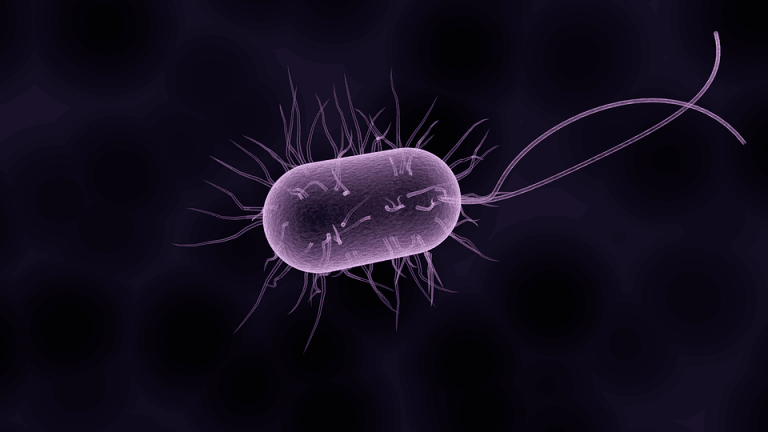Answering the question whether it is better to take probiotics before, after or during the meals is not as easy as it may seem. It is visible for example in the descriptions on the probiotics’ packages. Certain producers declare that probiotics should be swallowed during the meals, other claim that after eating and the remaining part recommend taking them on an empty stomach. Similarly, there is no unanimity among experts. The reason for this is the fact, that studies on probiotics constitute quite a new field of research and there are certain difficulties in carrying out experiments and analyses.
When to take probiotics - overview of case
The main problem is that the bacterial composition of species does not reflect the intestinal bacterial flora in its quality and quantity. It stems from the fact, that a part of probiotic organisms adheres to intestinal mucosa. It is a very beneficial phenomenon, but it does not allow to easily assess the composition of the flora. Admittedly, a biopsy could be carried out, but because of the nuisance that it entails for the subjects, it is not usually done. Especially if the study requires repeating the examination several times in various circumstances. Therefore, such studies on people are scarce.
When to take probiotics - factors
Fortunately, there exist such machineries as digestive system, i.e. a model of the human digestive tract in vitro, in which it is possible to recreate to a large extent how the situation in the digestive tract looks like in each section. A group of researches decided to use this facility to study in what circumstances probiotics will best survive [1]. The machine was administered milk with 1% of fat content, oatmeal, water or juice. Each product was researched in 3 configurations, administering probiotics 30 minutes before, during or 30 minutes after the meal. Each trial was repeated 4 times. As you can see, repeating biopsy so many times would be a nightmare for the subjects.
when to take probiotics - results
It turned out that, probiotic bacteria deal best with the survival, when they are administered together with milk or oatmeal. They did well, but a little bit worse, when they were administered 30 minutes before the meal, while only a minimal quantity of probiotics was able to survive when administered with water, juice or 30 minutes after the meal. It stems from the fact, that low pH of the stomach destroys the capsule shell with probiotic and then damages the organisms contained inside. The meal buffers gastric juices and has a protective effect. The researches also concluded that the most important issue is to take probiotics with at least small amount of fat (5g), however, a certain role may be played by protein or other milk components. What is interesting, probiotic yeasts (Saccharomyces cerevisiae boulardii) used in this experiment were much more resilient to low pH and survived regardless of the conditions.
This matter was not analyzed in the study, but in order to prolong the time of survival of the microorganisms in the intestines, it is reasonable to administer probiotics with the products rich in fiber. Rolled oats, because of its prebiotic properties are a very good choice [2].
Summarization
Summing up, to ensure the longest possible survival of probiotics, we should take them with meal or a moment before. Never on an empty stomach! The meal itself should contain at least a minimal amount of fat and it is worth to add also a little bit of protein and fiber. It is also worth considering to buy probiotics in special gastro-resistant capsules, which are designed in such a way, as to be dissolved in the intestines and thanks to this they will protect probiotic organisms on their way to the bowels.
In short - Take probiotics with meals, especially those containing whole protein, healthy fats and complex carbohydrates.
References:






